Harnessing global collaboration: UK/Kenya partnership in soil erosion research
Collaboration between scientists is vital in today's interconnected world to further scientific progress. In environmental research, issues such as soil erosion demand collaboration on an international scale.
31/05/2024 By BGS Press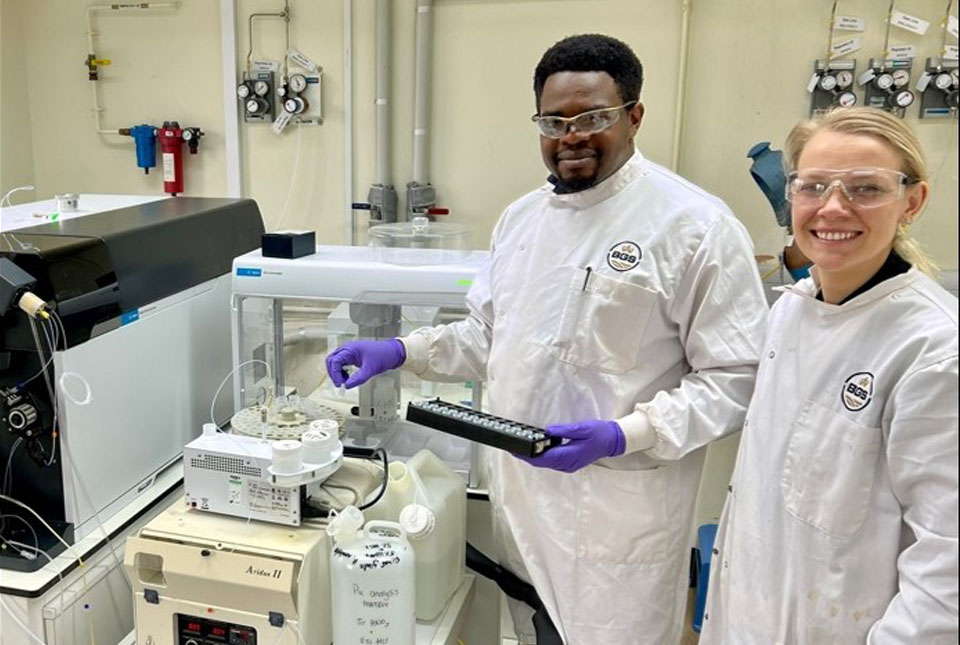
Collaboration can provide an exchange of information vital to the advancement of environmental research. One such partnership is the relationship between BGS and the University of Eldoret (UoE) in Kenya. This partnership not only demonstrates the benefits of international collaboration but also highlights the importance of addressing global challenges collectively.
Job Isaboke (UoE) and Sophia Dowell (BGS) are research students at their institutions and have been working as part of a broader team to measure the rate of soil erosion in western Kenya using novel chemical methods. For their PhD projects, they aimed to understand the effect land management can have on soil erosion using plutonium isotopes (Sophia) and the associated loss of micronutrients from the soil (Job), which is important for crop composition and onward dietary intake for animal and human health.
Soil erosion
Soil erosion is a widespread environmental issue that poses a significant threat to agricultural productivity, water quality and ecosystem health worldwide. In Kenya, soil erosion is driven by factors such as deforestation, unsustainable land-management practices and climate change. However, quantitative data describing the amounts and patterns of soil erosion and sedimentation can be used to inform sustainable soil conservation practices. This data can also aid in the validation of predictive models for an improved understanding of factors influencing the acceleration of erosion processes.
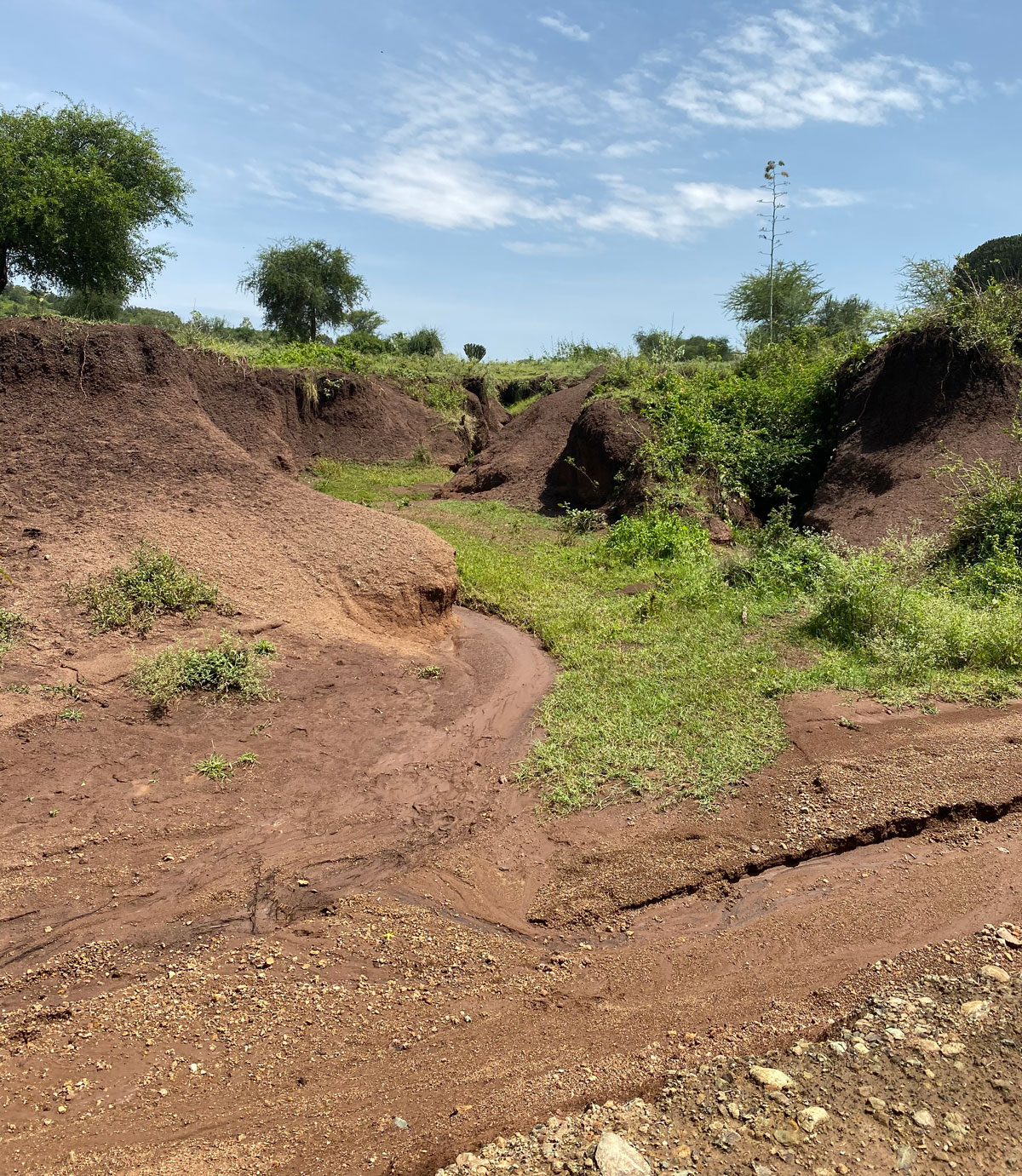
Examples of soil erosion across Western Kenya – Homa Bay. Source: Sophia Dowell
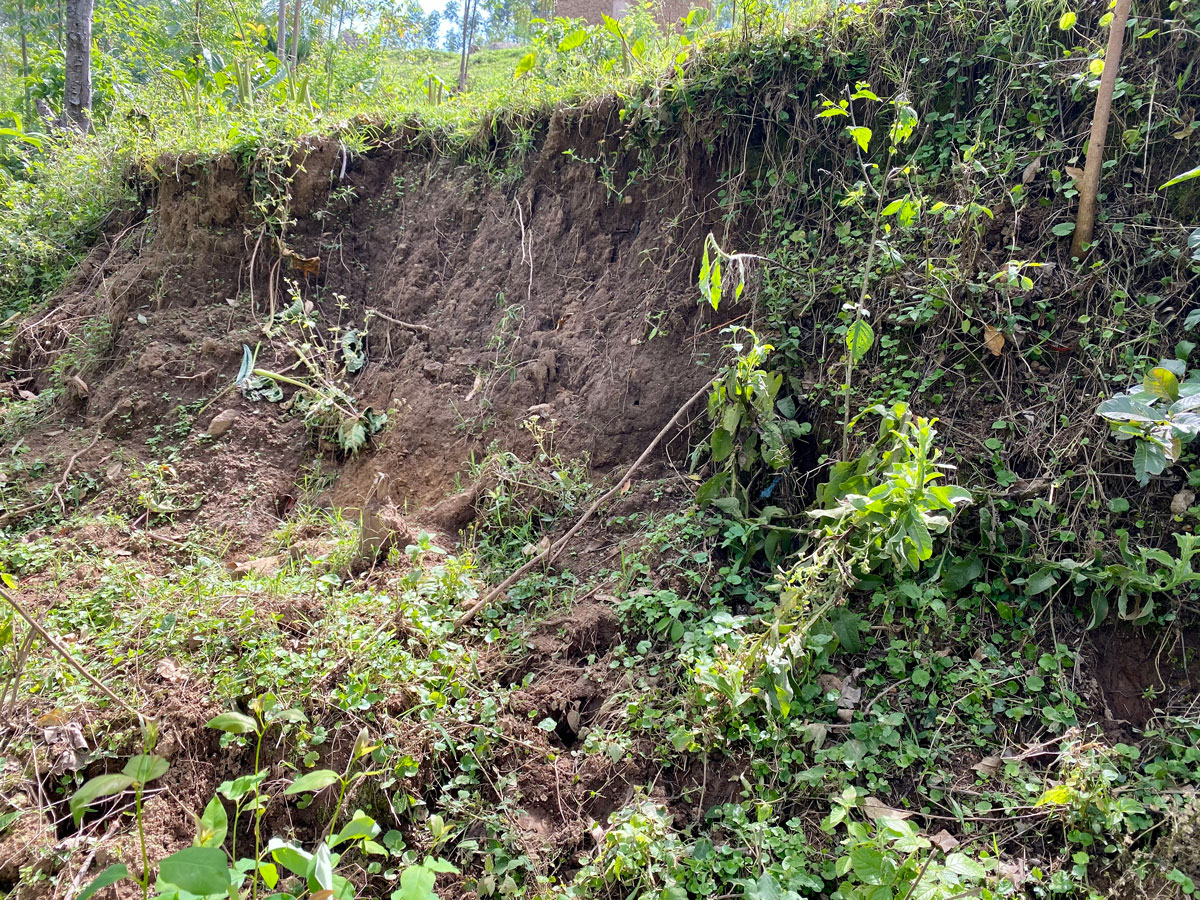
Examples of soil erosion across Western Kenya – Nandi County. Source: Sophia Dowell
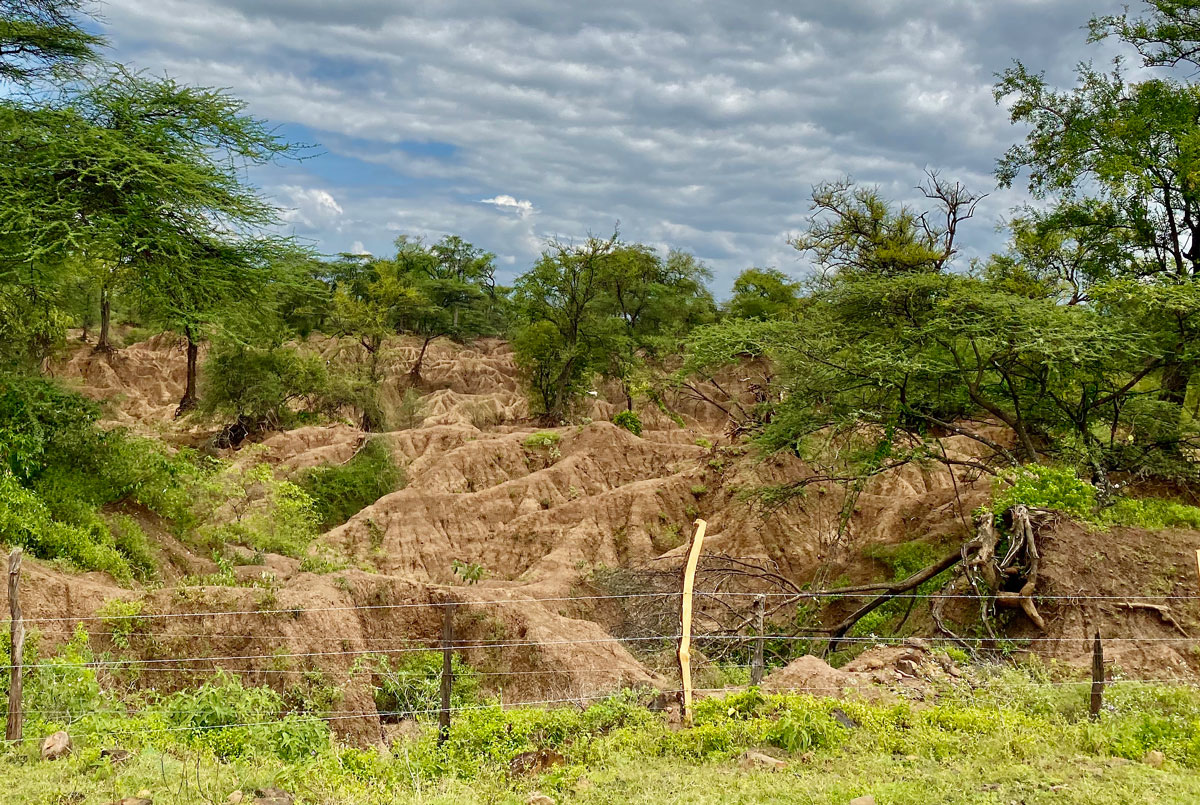
Examples of soil erosion across Western Kenya – Baringo County. Source: Sophia Dowell
Working together
One of the primary advantages of international cooperation is the sharing of expertise and resources. Bringing together diverse backgrounds benefits research at both BGS and UoE by combining advanced technologies and methodologies, such as specialist mass spectrometry methods to detect ultra-trace plutonium in the UK, with invaluable local knowledge and on-the-ground insights from Kenyan counterparts. This allows for a more comprehensive approach to studying soil erosion, encompassing both scientific rigour and practical applicability.
Ultimately, the collaboration between BGS and UoE stands as a key step toward securing the sustainable future of this agriculturally crucial region and works towards addressing several of the United Nations Sustainable Development Goals, including:
- poverty (SDG 1)
- life below water (SDG 14)
- life on land (SDG 15)
Beyond scientific advancements, working together to research soil erosion fosters cultural exchange and capacity building. Through joint research initiatives, Job and Sophia have been able to learn from each others’ perspectives, approaches to research and experiences. This cultural exchange has not only enhanced both their roles as early-career researchers, but has also strengthened relationships between BGS and UoE to promote mutual understanding.
The international collaboration also contributes to the development of scientific capacity in Kenya. By providing training opportunities, mentorship, networks and technology transfer for members of both UK and Kenyan institutions, early-career researchers are empowered to tackle environmental challenges independently.
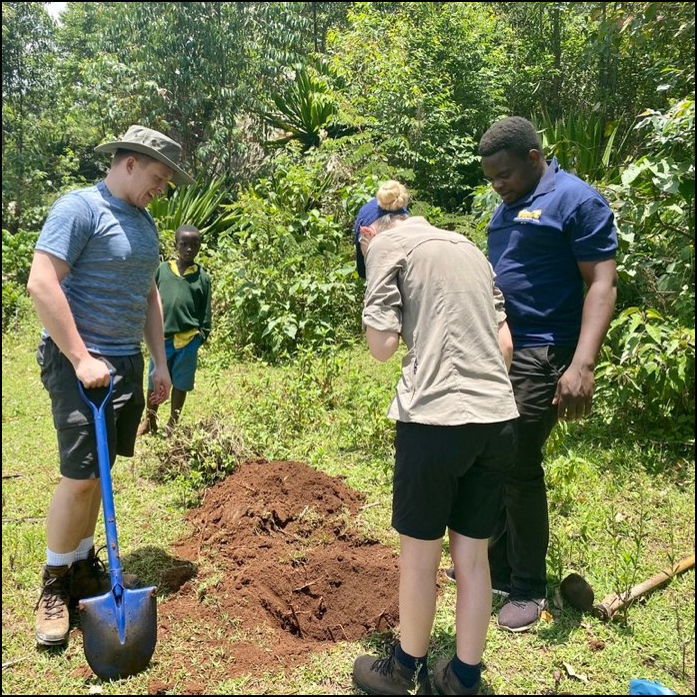
Sophia and Job working in the Oroba Valley, Kenya, to collect reference site samples (2020). Source: Odipo Osano
The opportunities created by this collaborative project collectively and individually demonstrate the potential for scientific research to address environmental issues whilst developing scientific capacity in Kenya and the UK. The two-way exchange of staff and paired Kenya/UK PhD students, including Job and Sophia, provided an enriching experience for all involved.
Michael Watts, head of the BGS International Geoscience Research and Development programme
So much can be achieved with collaboration and a working international team breaks much more than just academic barriers. The larger body of knowledge would benefit through building collaborations globally, as this work has demonstrated.
Prof Odipo Osano, University of Eldoret, Kenya
Through this partnership, Sophia and Job are working towards informing evidence-based decision making and developing targeted interventions to mitigate against future soil erosion. Through attending workshops and conferences, they have both had the opportunity to engage with stakeholders ranging from policymakers and land managers to farmers and community leaders. These workshops have allowed them to understand the best way to communicate their research to different stakeholders and further their understanding of the usability of the data, working on ways to target future research to ensure the maximum impact.
Through fostering dialogue and knowledge exchange, the collaboration works towards the eventual adoption of sustainable land-management practices and helps to adopt agricultural practices aimed at preserving soil health and preventing erosion.
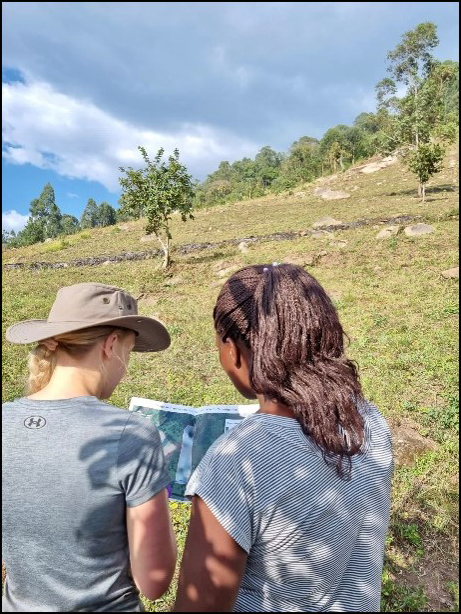
Sophia conducting fieldwork in Oroba Valley, Nandi (2023). Source: Sophia Dowell
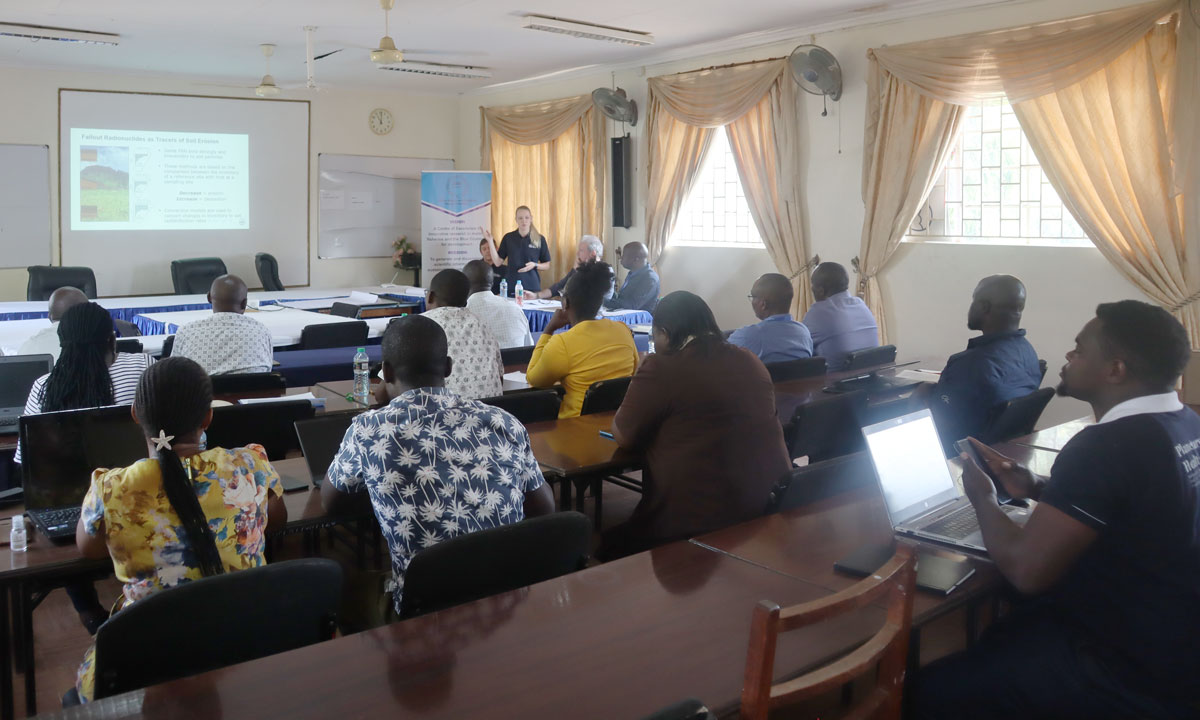
Sophia and Job engaging with stakeholders at a stakeholder workshop (KMFRI in Kisumu). Source: J Isaboke
I feel my PhD research wouldn’t have been possible without the support from Kenyan counterparts at the University of Eldoret. Both Job and Prof Odipo Osano’s in-depth knowledge of the local area and dedication to the research have been invaluable. Without their help, the fieldwork wouldn’t have been possible, especially during the COVID-19 pandemic where I wasn’t able to travel to Kenya to conduct the work myself. But, above all else, I feel this PhD opportunity has allowed me to grow, both professionally and personally, into the scientist I am today and for that I am extremely grateful.
Dr Sophia Dowell
As part of the collaboration, Sophia recently gained her PhD in ‘Utilising plutonium isotopes to evaluate soil erosion in tropical East African agri-systems’ and Job has gained a master’s degree in environmental science; he is now working towards his PhD in ‘Dynamics of soil micronutrient loss and transfer as influenced by land management’.
As a PhD student from Kenya, I am grateful for the collaboration between UoE and BGS, which provided me with both laboratory training and financial resources. I appreciate the support from my UK supervisors, Dr Michael Watts and Dr Olivier Humphrey, and the entire BGS inorganic chemistry department team.
To be a successful scientist, one must undergo extensive training using advanced instrumentation and learn laboratory etiquette. Within the framework of my PhD research, I am currently working with Dr Sophia Dowell to determine soil erosion dynamics in tropical locations and link this to micronutrients in soils.
Job Isaboke
Acknowledgements
This research was conducted with the financial support of the following funders:
- BGS/NERC grant NE/R000069/1, entitled ‘Geoscience for Sustainable Futures’
- BGS Centre for Environmental Geochemistry programmes
- NERC National Capability International Geoscience programme, entitled ‘Geoscience to tackle global environmental challenges’ (NE/X006255/1)
Additional financial support from:
- The Royal Society International Collaboration Awards 2019 grant ICA/R1/191077, entitled ‘Dynamics of environmental geochemistry and health in a lake-wide basin’
- Natural Environment Research Council’s ARIES Doctoral Training Partnership (grant number NE/S007334/1)
- British Geological Survey University Funding Initiative (GA/19S/017)
Additional support from:
- British Academy Early Career Researchers Writing Skills Workshop (WW21100104)
About the authors
Sophia Dowell is an analytical geochemist working within the BGS Inorganic Geochemistry Facility in Keyworth. Prior to this, she was a BUFI PhD student funded by the NERC ARIES doctoral training programme. This PhD was in collaboration with BGS, the University of Plymouth and the University of Eldoret in Kenya.
Job Isaboke is a PhD researcher funded by BUFI/The Royal Society in collaboration with BGS and the University of Eldoret. He has had the opportunity to work within the UK alongside BGS during his PhD but is mainly based in Eldoret, Kenya.
Publications arising from Sophia and Job’s PhDs
Dowell, S M, Barlow, T S, Chenery, S R, Humphrey, O S, Isaboke, J, Blake, W H, Osano, O, and Watts, M J. 2023. Optimisation of plutonium separations using TEVA cartridges and ICP-MS/MS analysis for applicability to large-scale studies in tropical soils. Analytical Methods, Issue 34. DOI: https://doi.org/10.1039/D3AY01030A
Dowell, S M, Humphrey, O S, Blake, W H, Osano, O, Chenery, S, and Watts, M J. 2023. Ultra-trace analysis of fallout plutonium isotopes in soil: emerging trends and future perspectives. Chemistry Africa, Vol. 6, 2429–2444. DOI: https://doi.org/10.1007/s42250-023-00659-7
Dowell, S M, Humphrey, O S, Gowing, C J B, Barlow, T S, Chenery, S R, Isaboke, J, Blake, W H, Osano, O and Watts, M J. 2024. Suitability of 210Pbex, 137Cs and 239+240Pu as soil erosion tracers in western Kenya. Journal of Environmental Radioactivity, Vol. 271. DOI: https://doi.org/10.1016/j.jenvrad.2023.107327
Dowell, S M, et al. In press. Plutonium isotopes can be used to model soil erosion in Kenya. Environmental Geochemistry and Health.
Isaboke, J, Osano, O, Humphrey, O S, Dowell, S M, and Watts, M J. 2023. The nutritional quality of forage grass changes due to changing soil chemistry resulting from different land-use management in the Oroba Valley, Kenya. African Journal of Education, Science and Technology, Vol. 7(3), 40–54.
More information
- Capacity strengthening in field collections and laboratories for geochemical sampling and public health in western Kenya David Samoie (2019)
- Continuing fieldwork in Africa despite COVID-19 Michael Watts (2020)
- Land-to-lake micronutrient transfer in East Africa Sophia Dowell (2021)
- The optimisation of plutonium separation Sophia Dowell (2023)
- Plutonium isotopes can be used to evaluate soil erosion in Kenya Sophia Dowell (2023)
- Workshop report
Relative topics
Related news
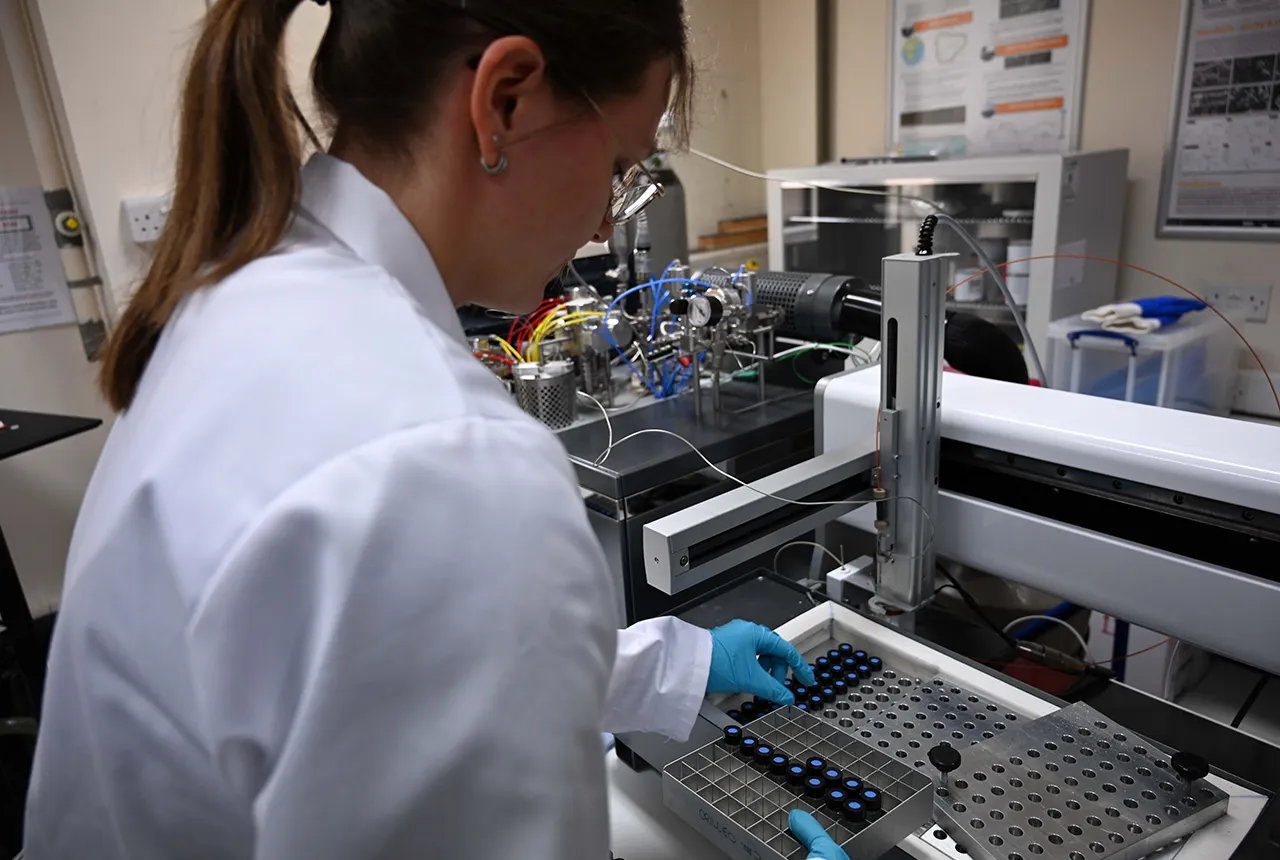
Carbon and oxygen isotope analysis of carbonates and the development of new reference materials
18/12/2024
Dr Charlotte Hipkiss and Kotryna Savickaite explore the importance of standard analysis when testing carbon and oxygen samples.
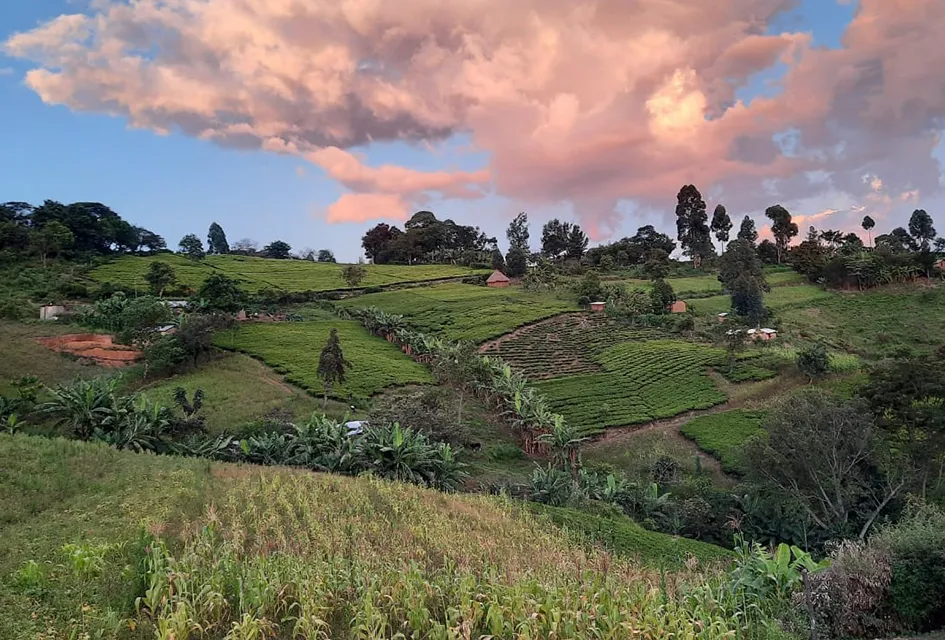
Dynamics of land-to-lake transfers in the Lake Victoria Basin
09/12/2024
In June 2024, a UK/Kenya research team shared research findings from a collaborative, four-year field and experimental programme within Kenya.
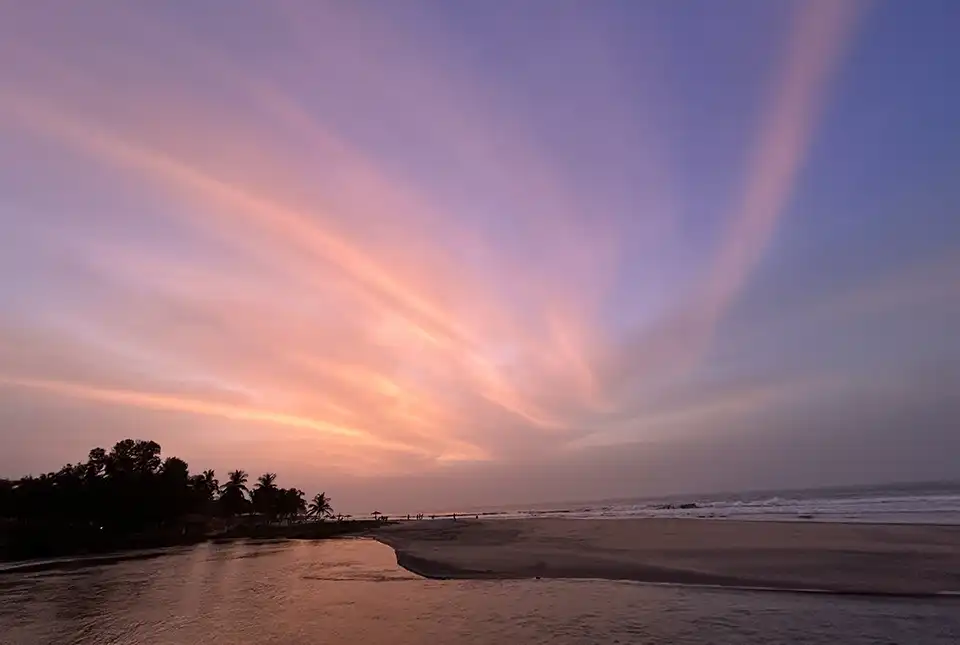
Mining sand sustainably in The Gambia
17/09/2024
BGS geologists Tom Bide and Clive Mitchell travelled to The Gambia as part of our ongoing work aiming to reduce the impact of sand mining.
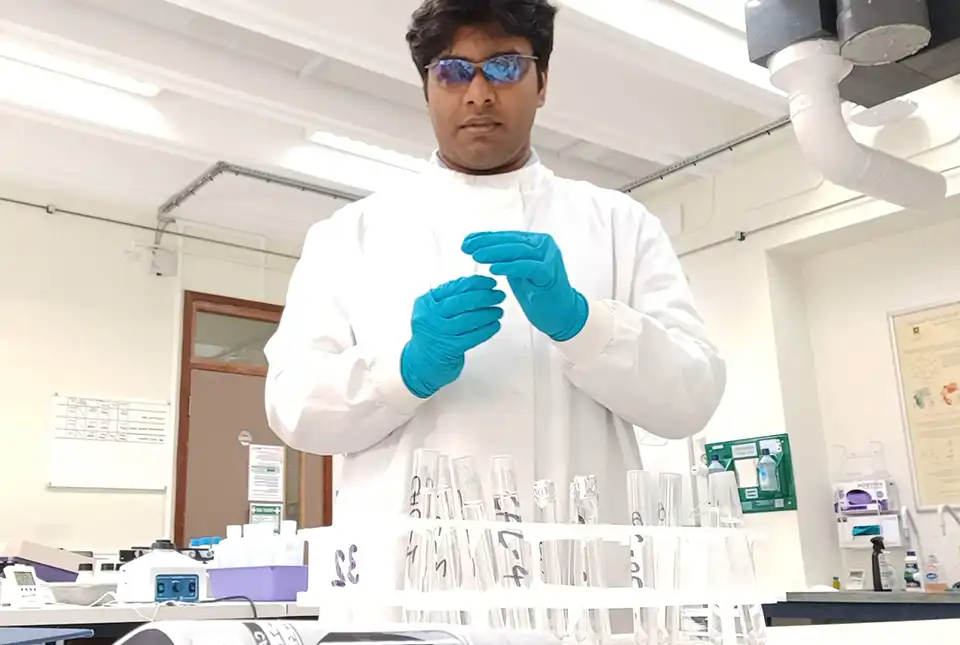
Laboratory life: my work experience week at BGS
20/08/2024
Aspiring astrophysicist Riveen Pehesara Kumanayaka shares his experience following an A-level work placement with BGS.
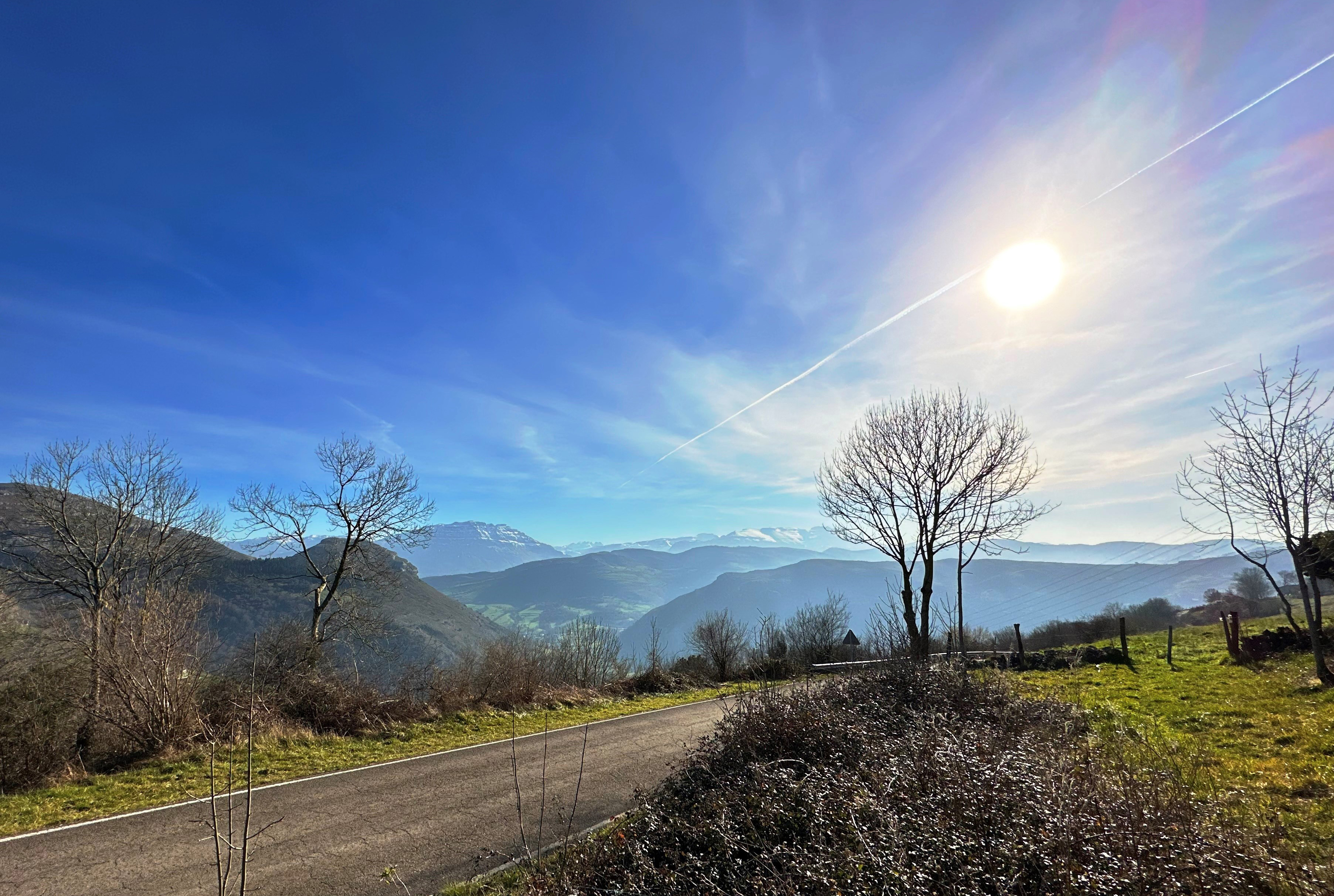
Extracting formation temperatures from stalagmites
14/08/2024
BGS’s Andrew Smith explores the karstic depressions of northern Spain in the quest to create a palaeothermometer.

Harnessing global collaboration: UK/Kenya partnership in soil erosion research
31/05/2024
Collaboration between scientists is vital in today’s interconnected world to further scientific progress. In environmental research, issues such as soil erosion demand collaboration on an international scale.
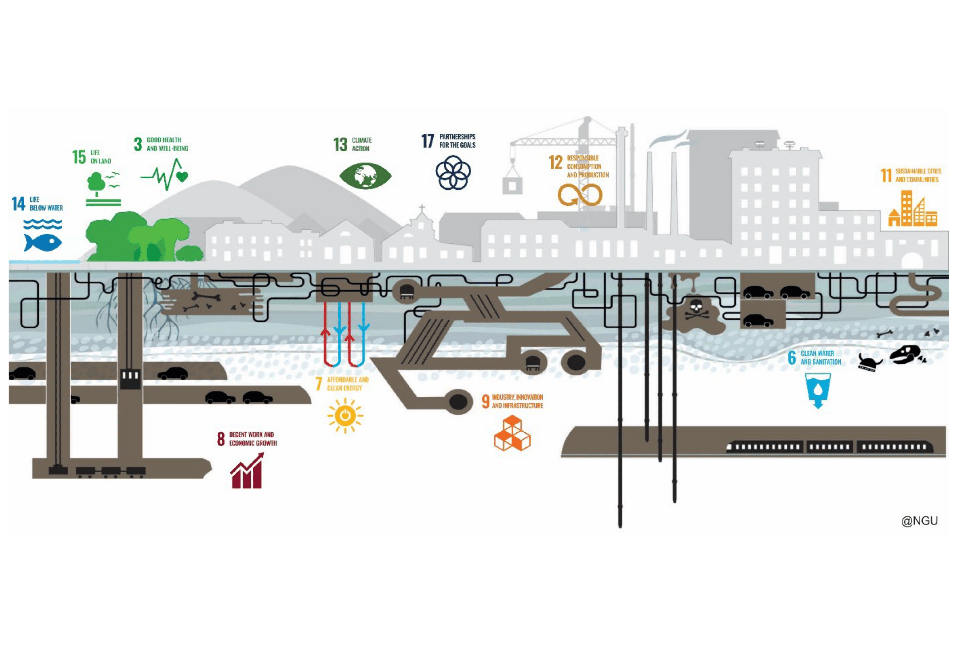
Delivering a sustainable urban future for Europe through geoscience
08/05/2024
Research, led by BGS and EuroGeoSurveys’ Urban Geology Expert Group, explores how urban geoscience is reflected in European urban and environmental policy.
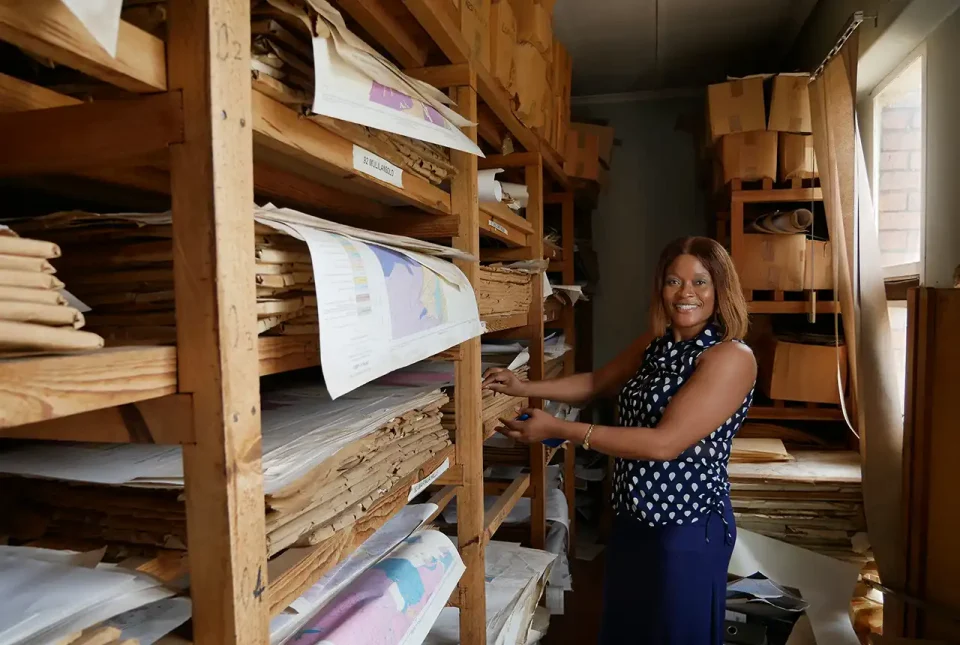
Unlocking key mineral archives at the Zambian Geological Survey Department
23/02/2024
Rachel Talbot recounts a recent visit by BGS Records staff to the Zambian Geological Survey Department, to assist in critical mineral data management.
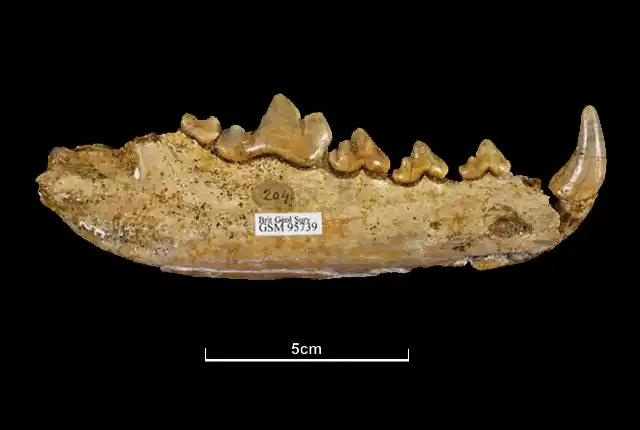
Hungry like a wolf: new insights from old bones housed in the BGS museum collections
18/01/2024
BGS scientists are studying the diets of ancient British wolves and how they adapted to changing environments.
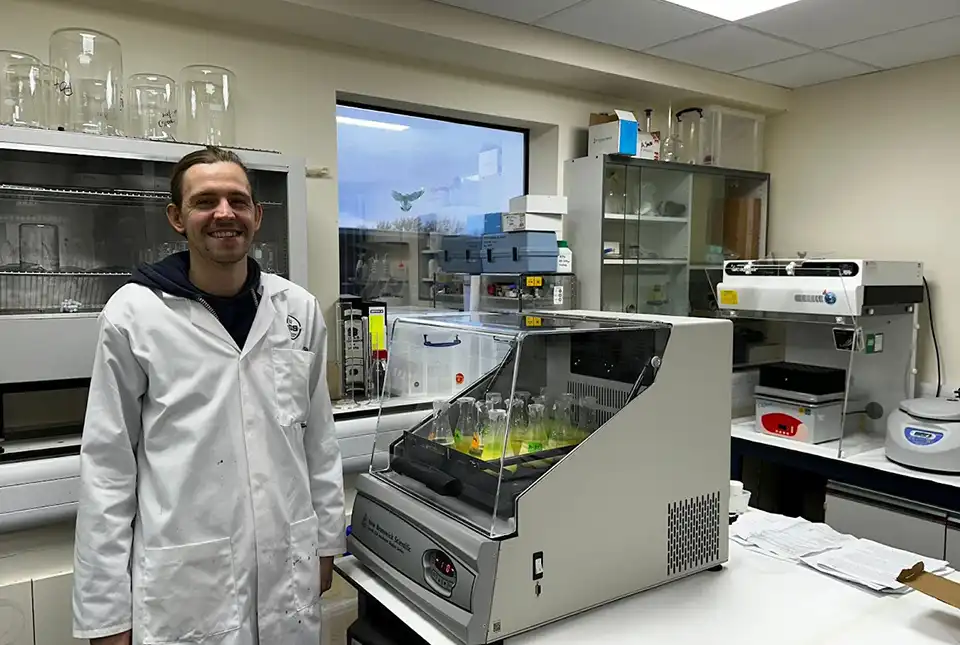
Understanding nutrients in tropical rainforests
11/01/2024
Christopher Bengt talks about carrying out research for his PhD amongst the rainforests and volcanoes of the Philippines.
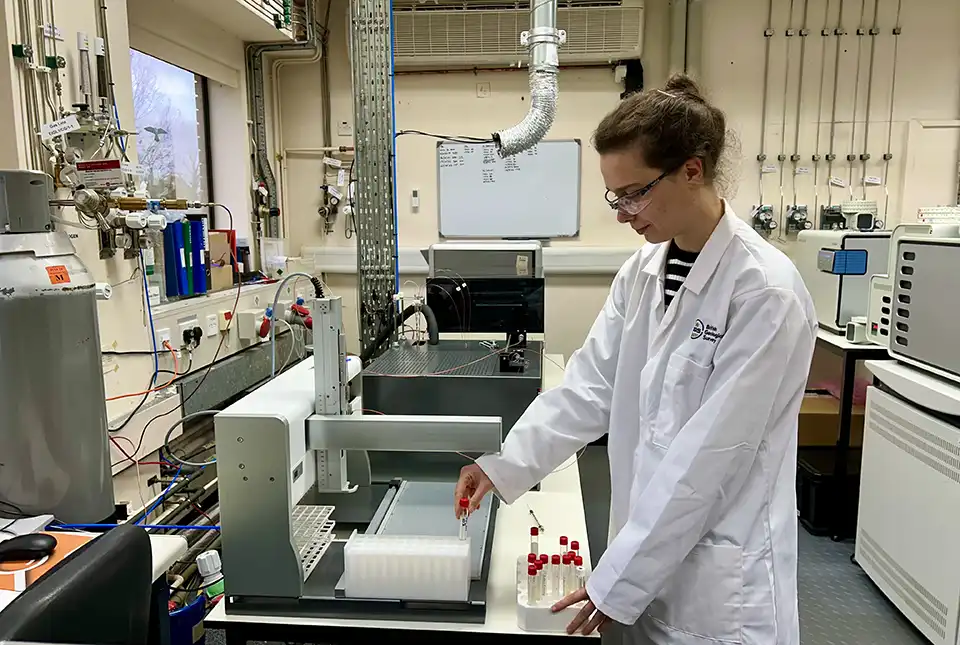
My role as a stable isotope research assistant
19/12/2023
Charlotte Hipkiss has recently taken up a new position in the National Environmental Isotope Facility at BGS and gives us a little insight into her new position.
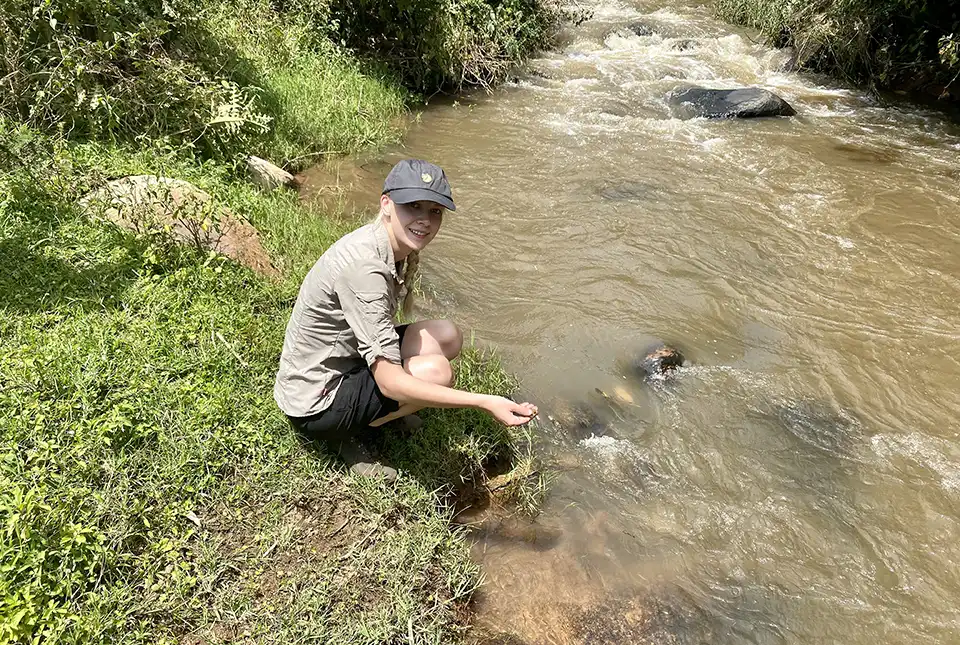
The optimisation of plutonium separation
07/11/2023
BGS research leads to advancements in the detection of plutonium and ultimately the determination of soil erosion rates in tropical soils.



